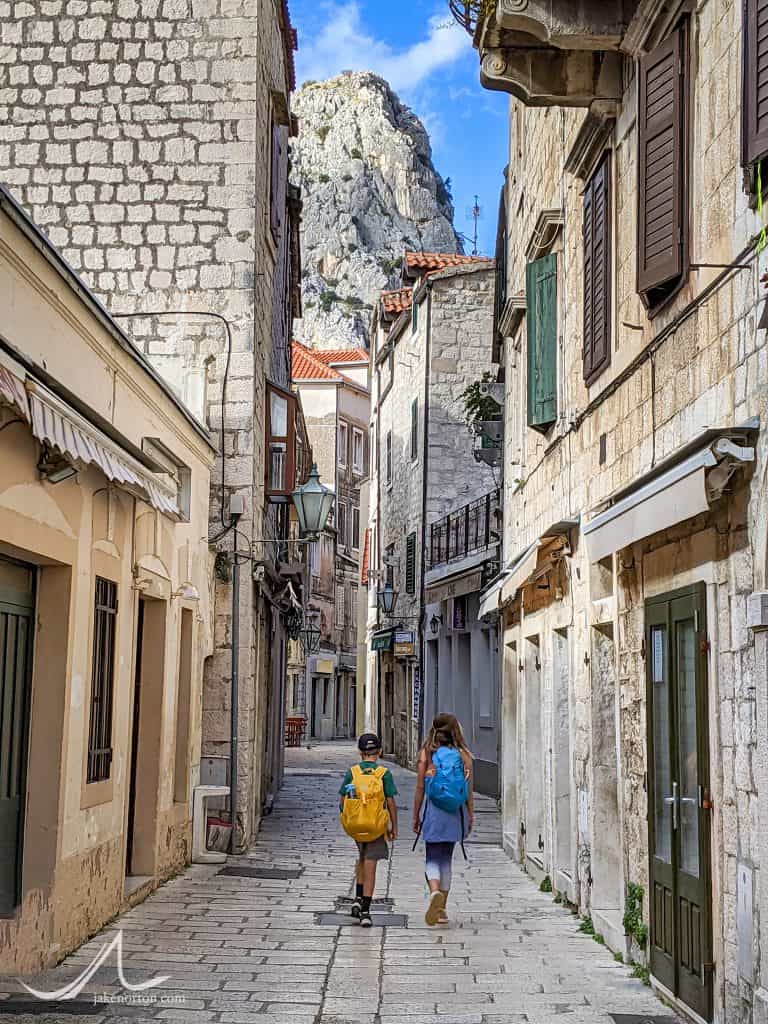
Note: My thoughts are with the people of Croatia today as they suffer from the tragedy of a major earthquake that struck in Petrinja, 50km south of Zagreb.
The cobbled streets of Omiš, Croatia, are out of a storybook: winding, narrow paths passing medieval houses under the ever-watchful spire of the ancient Fortica (fortress) that sits atop the 1,000 foot limestone cliffs that frame this quaint seaside town. Although small, one can spend hours wandering the town. And, if you do, you might come upon a fairly nondescript doorway of a home once inhabited by lawyer and Venetian Ambassador Ivan Primojević.
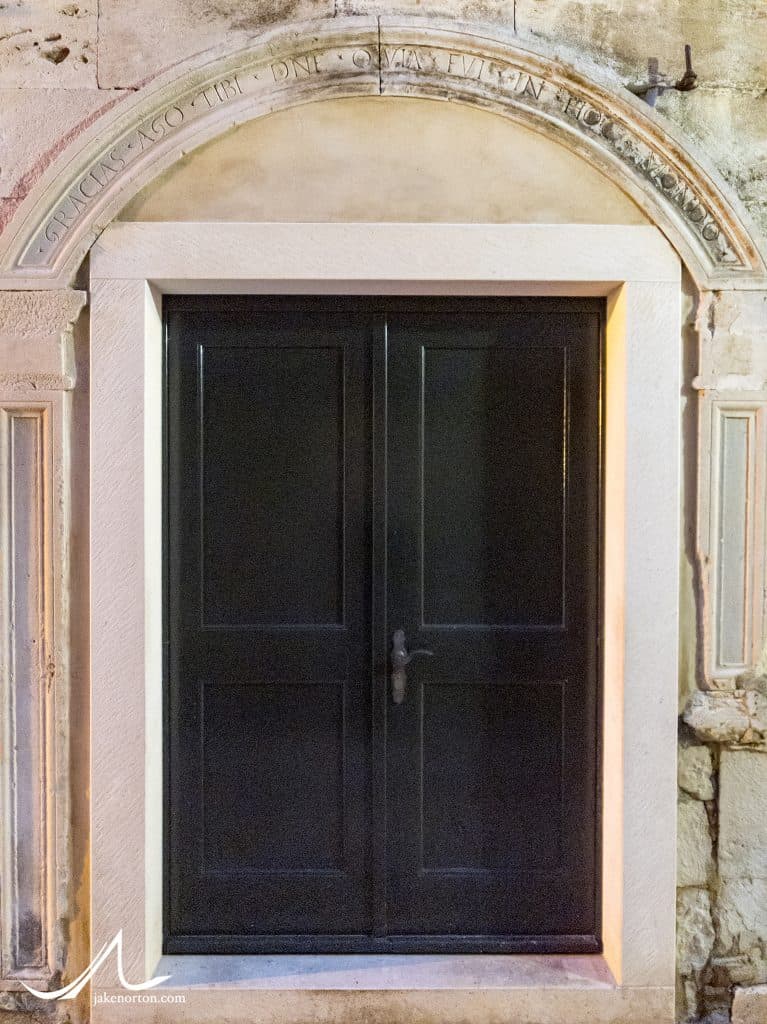
Dating to the 16th century, it is known as “The House of a Happy Man” thanks to a Latin inscription above the door reading: “Gratias ago tibi dne quia fui in hoc mondo.” Translated to English, it reads: “I thank thee, Lord, for having lived in this world.” Not thanks for immense wealth, health, or other prosperity; not thanks for the Adriatic or the Cetina. Thanks for simply being alive, for having the opportunity to live in this world. Quite a simple - yet profound and important - truth.
Omiš maybe has some inherent happiness baked into its soul, and not just because of the House of a Happy Man. Once a center of the Republic of Poljica, Omiš’s museum now contains the Poljica Statute, a 15th century document of laws for the “peasants’ republic” that - in stark contrast to the oft-Draconian capital punishments of most of Europe - specifically notes that everyone “has the right to live,” and outlines many protections for the people that were generally inconceivable on the continent at the time.
In this season of ill-fated attempts to purchase happiness, of standing at the altars of capitalism buying bits and bobs in the hope that some smidgen of joy will be wrought from them, I’ve been thinking quite a bit about happiness, about joy, and about what truly brings those qualities to our lives, and to our world.
Toward the end of his hugely accomplished and troubled life, Fyodor Dostoevsky echoed some of the “Happy Man” when he wrote:
When I look back at the past and think of all the time I squandered in error and idleness, lacking the knowledge I needed to live; when I think of how I sinned against my heart and my soul, then my heart bleeds. Life is a gift, life is happiness … Every minute could have been an eternity of happiness! If youth only knew. Now my life will change, now I will be reborn.
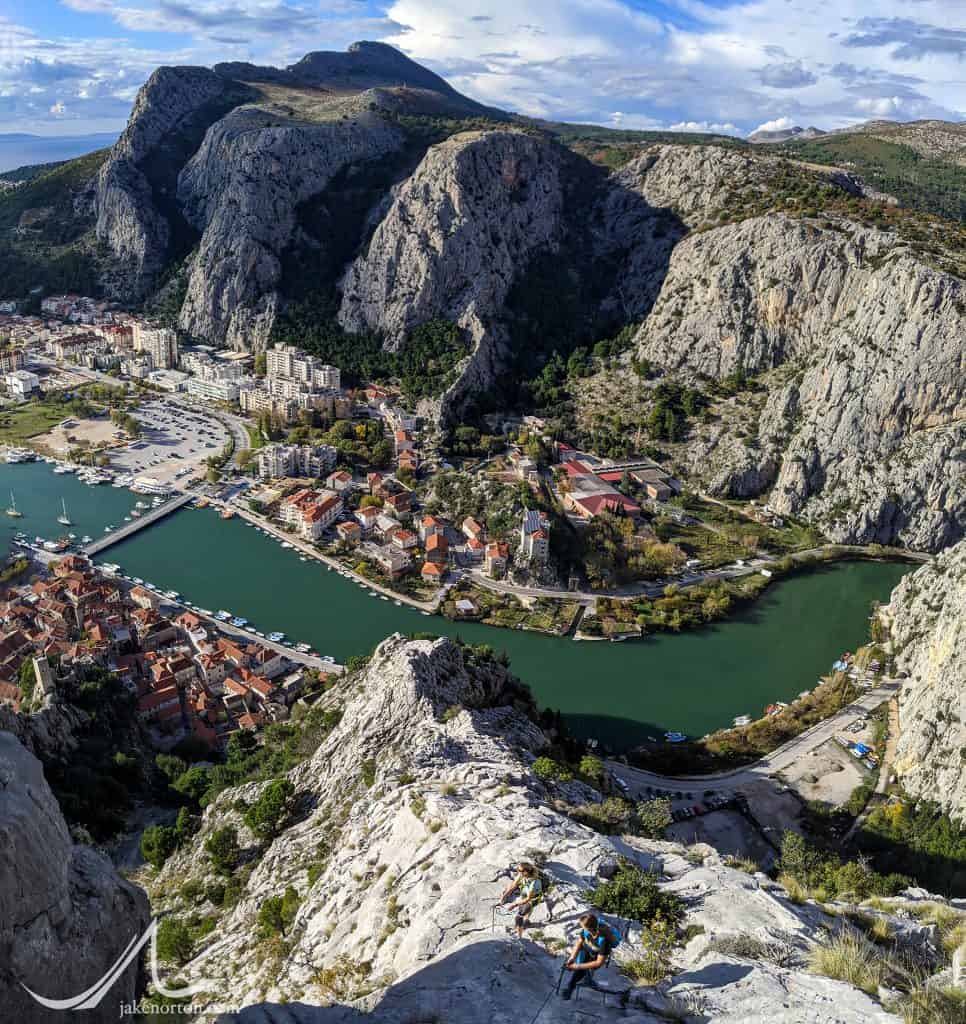
I can’t say precisely what revelation Dostoevsky stumbled upon, nor Ivan Primojević, but my hunch is they understood that things do not bring us happiness, do not elevate our level of joy. Happiness - true happiness - is not found in the mall or under the fiber tape of an Amazon package; these things will deliver a short burst, a squeal, or a laugh…But happiness? No. For the material things which we all at times crave - and which we celebrate above all else at this time of year - only make us want more, a false summit on a mountain that never ends, never relents.
Similarly, we’re often instructed - directly or indirectly - in our modern world to strive for success at all times. We’re told that the key to happiness is in getting the A, nailing the promotion, climbing to the summit, moving our desk into the C-suite. Like the gilded packages under the Christmas tree, these “presents” won’t deliver the elusive joy either, for there is always a new A to get, another corporate step up to make, a higher summit or a harder route to climb. The game is unwinnable when played from this vantage point.
And, really, it’s not a game at all. Above all else, whether we know it or not, we humans seek happiness. Black or white or brown, straight or gay, male or female, left or right or center, we all yearn for happiness, a tranquility of the soul. This tranquility we seek is not one devoid of hardship or angst, of profound sorrow and tragic pain; true happiness is yin-yangian, and is only possible through the experience of pain, of loss, of stumbles and missteps and occasional misery.
Happiness, the sought-after tranquility of the spirit, is attainable I believe only through the full embrace of love. No, not romantic love, although that's a part of it. The love we need is not one of things, but love of the kind that transcends the self, that transcends our personal needs and wants, our hopes and desires, and touches the belly of the divine, a love that reaches across the chasms of division that rend our world and our spirits asunder, a love of the moment, of this life and every life, a love of our shared humanity and our ultimate, collective destiny.
In 1910, an elderly author named Leo Tolstoy began sharing letters with a young Indian lawyer and activist in South Africa named Mahātmā Mohandas Gandhi. They spoke of many things, but mainly discussed ideas of nonviolent resistance and the great need for love as the binding and directing force in the world. As Tolstoy wrote, love is “the striving of men’s souls towards unity and the submissive behavior to one another that results therefrom, [and] represents the highest and indeed the only law of life, as every man knows and feels in the depths of his heart (and as we see most clearly in children), and knows until he becomes involved in the lying net of worldly thoughts…”
At the end of his writing in A Letter to a Hindu, he states it forcefully, elegantly, eternally:
What are wanted for the Indian as for the Englishman, the Frenchman, the German, and the Russian, are not Constitutions and Revolutions, nor all sorts of Conferences and Congresses, nor the many ingenious devices for submarine navigation and aerial navigation, nor powerful explosives, nor all sorts of conveniences to add to the enjoyment of the rich, ruling classes; nor new schools and universities with innumerable faculties of science, nor an augmentation of papers and books, nor gramophones and cinematographs, nor those childish and for the most part corrupt stupidities termed art — but one thing only is needful: the knowledge of the simple and clear truth which finds place in every soul that is not stupefied by religious and scientific superstitions — the truth that for our life one law is valid — the law of love, which brings the highest happiness to every individual as well as to all mankind. Free your minds from those overgrown, mountainous imbecilities which hinder your recognition of it, and at once the truth will emerge from amid the pseudo-religious nonsense that has been smothering it: the indubitable, eternal truth inherent in man, which is one and the same in all the great religions of the world.
- Leo Tolstoy, Letters to a Hindu
May we all go forward into the new year with gratitude for living in this world, and a recognition of the love required to make it one worth living in for all.
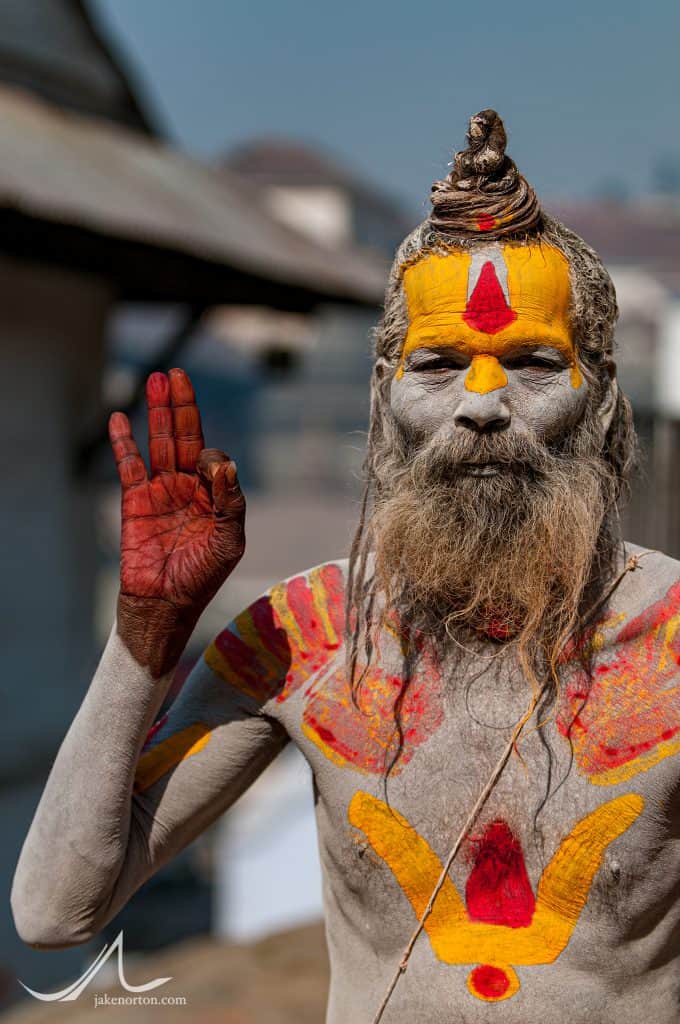
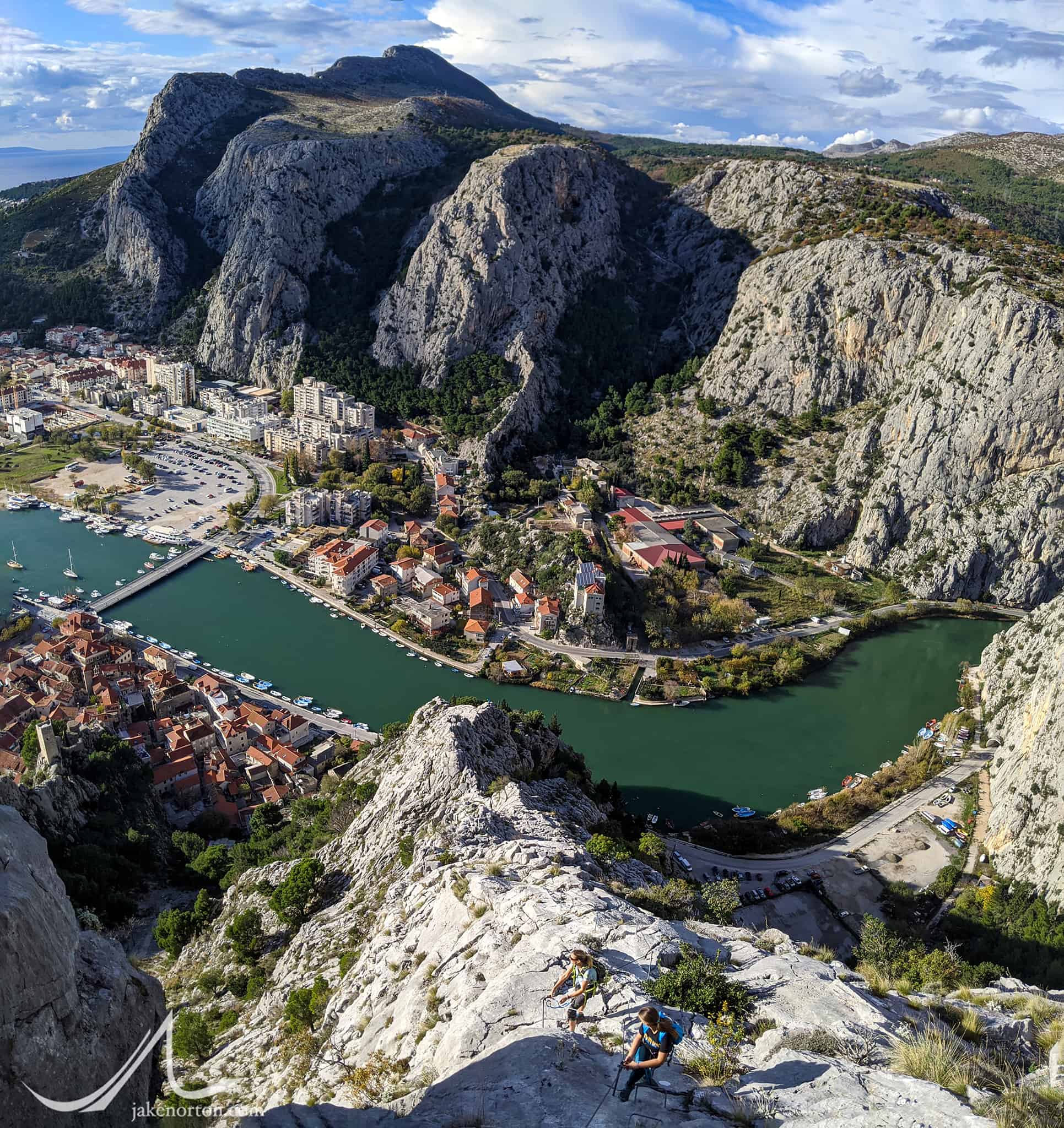


Beautifully written Jake. As always you reveal so much passion for life in your well chosen words.
Thank you, Niña, and I hope all is well with you and you had a great holiday. Pema is lying here at my feet and sends her best!
Outstanding photography,(as usual).
Thanks, Tom - always much appreciated! I hope you're doing well, had a good holiday, and are healthy and happy!
Jake, this is superb. You continue to grow, to stretch and explore, to learn, to give and to teach--all in the most meaningful directions. You come from one of the most loving families I've ever known. You've carried that tradition forward, with Wende and your children. Much love to you and your family.
Hi Mike, Thanks for your note - it means a lot coming from a thinker and writer like you! Sending you lots of love for the years ahead, and hope to see you soon! Let me know next time you're up in Evergreen!